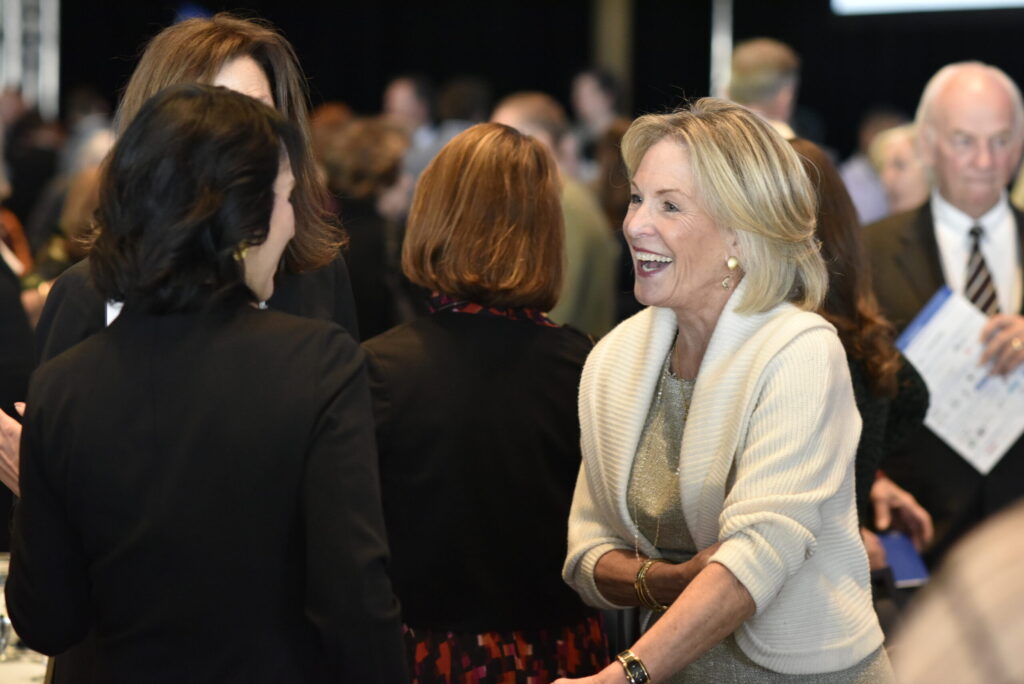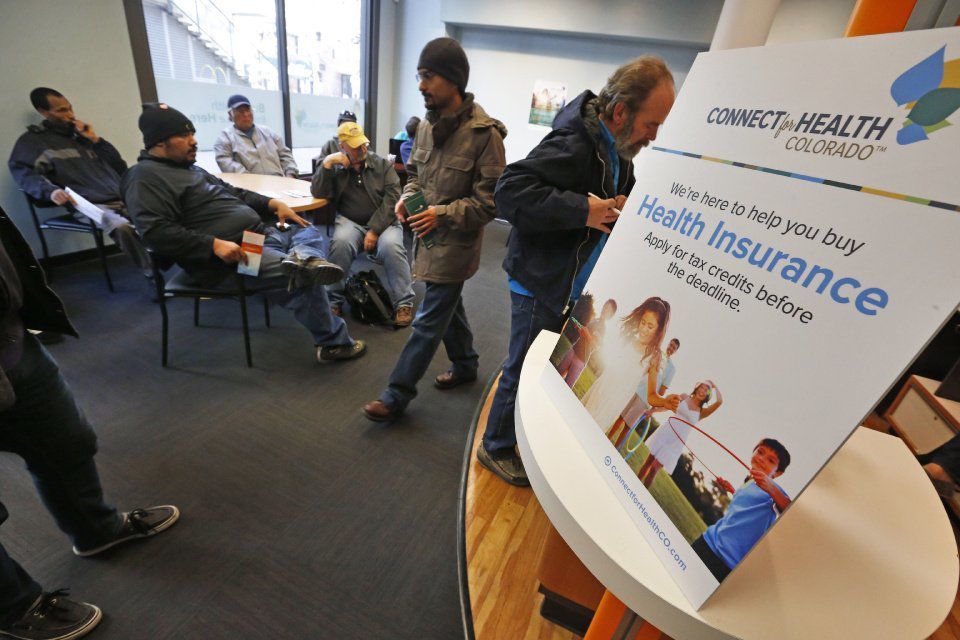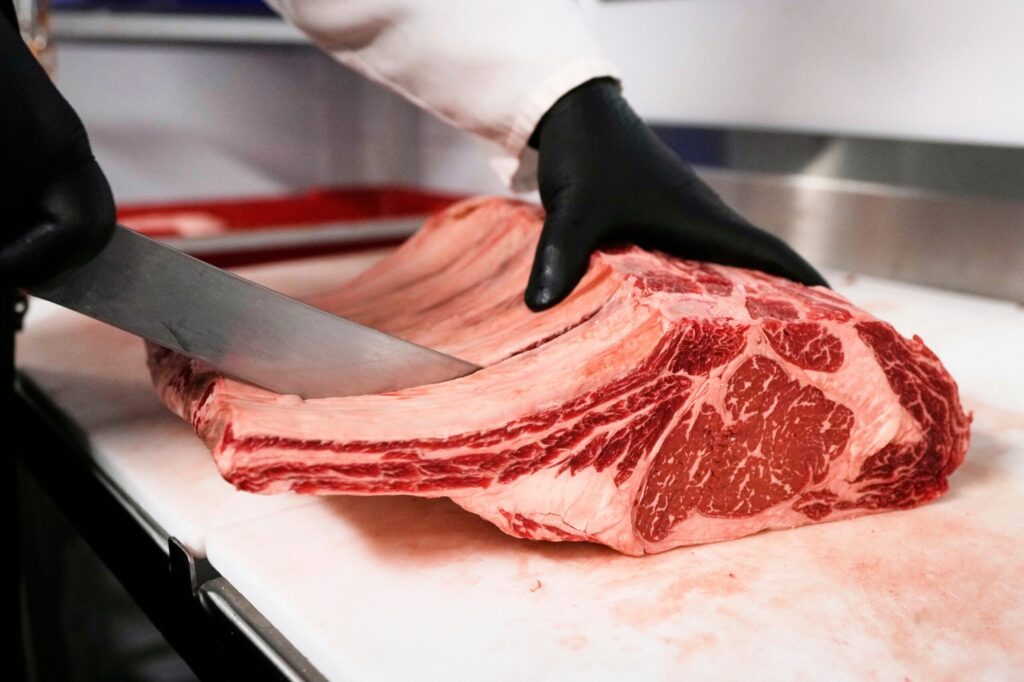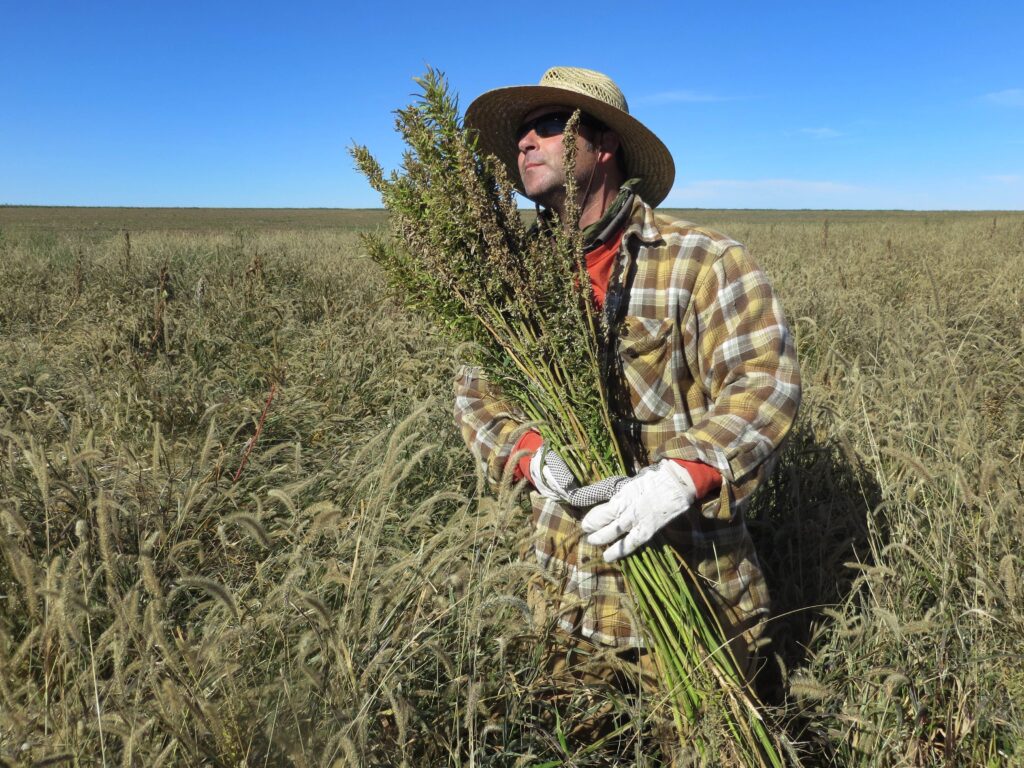Special sessions are rare in Colorado and usually about more than fixing goofs
If a special session happens in October, as Gov. John Hickenlooper is contemplating, don’t look for legislators to hunker down for the harvest moon.
Colorado Politics was the first to report that the governor’s office is talking to lawmakers about coming back to Denver for a special session next month to fix a mistake in a bill that could cripple the state’s special tax districts. Senate Bill 267, the widely celebrated legislation to bend the Taxpayer’s Bill of Rights to save rural hospitals and put some money into transportation, included a costly goof.
The drafting error has kept special districts, such as Denver’s Regional Transportation District and Scientific and Cultural Facilities District, from collecting their share of recreational marijuana taxes since July 1. Without a fix, services could be cut even though the taxes were collected.
Short the usual legislative grandstanding, the fix shouldn’t stir up too much dust, allowing legislators to get in and out in two to three days. Senate bill 267 passed the House 49-16 and the Senate by a 25-19. Now that it’s law, making it work right shouldn’t create widespread panic about a repeal.
“The special districts revenue glitch is clearly an issue that needs to be fixed,” House Speaker Crisanta Duran told Colorado Politics. “The governor is deciding whether that fix needs to come before January when the legislature reconvenes.
“If he wants to move more quickly, we’ll be ready.”
At the end of the session, however, Hickenlooper toyed with the idea of other things he would like lawmakers to reconsider, including finding more money for transportation. While Senate Bill 267 puts about $1.8 billion into transportation over the next 20 years, the Colorado Department of Transportation estimates the state needs $20 billion, and the money includes about 35 percent for rural counties and transit.
House Bill 1242, which would have raised the state sales tax to generate about $700 million annually, was a bipartisan bill, but Republicans in the Senate Finance Committee killed it because it asked voters to raise taxes on this November’s ballot. Then a Republican replacement bill to take money from the existing state budget to pay for wider interstates and safer rural routes never got traction.
Hickenlooper said in May he would have see some sign that Democrats and Republicans have some common ground for a solution to call lawmakers back to the bargaining table. There has been none.
NDuran, a Democrat from Denver, nor Senate President Kevin Grantham, a Republican from Canon City, co-sponsored House Bill 1242, last session’s failed compromise.
More pragmatically, transportation is off the legislative table because of the calendar.
It’s too late in the game to get any tax increase on this November’s ballot, and it’s too late and too much work to rewrite the budget to find hundreds of millions of dollars. Moreover, Colorado Politics reported last week that the Denver Metro Chamber of Commerce and the Colorado.
Contractors Association are working together on a potential ballot issue, taking the burden off lawmakers’ backs.
Routinely threatened, special sessions are rare and usually involve much more contentious and dramatic issues than simply fixing lawmakers’ bill-vetting blunder.
In the last special session in 2012, a two-day gathering yielded no results over civil unions for same-sex couples. When Democrats won both chambers of the legislature in that fall’s election, they passed civil unions and gun-control measures, then lost the Senate in 2014, as well as two members to recall over the gun votes in 2013.
The last special session before that was in 2006, when Republican Gov. Bill Owens squared off with Democrats in a five-day session over immigration reform.
In the end, both sides agreed to restrict non-emergency benefits – such as food stamps, supplemental security income and Medicaid – to legal residents of Colorado who are 18 or older. Children were exempted.
They also agreed that business owners would be required to provide proof that their workers have legal immigration status.
In 2012 legislative analysts said the special session would cost taxpayers $23,500 a day for lawmakers’ per diems and other expenses.
Since it was their mistake, perhaps legislators will cut taxpayers a break.
(Editor’s note: This story was updated to include a comment from Duran.)











